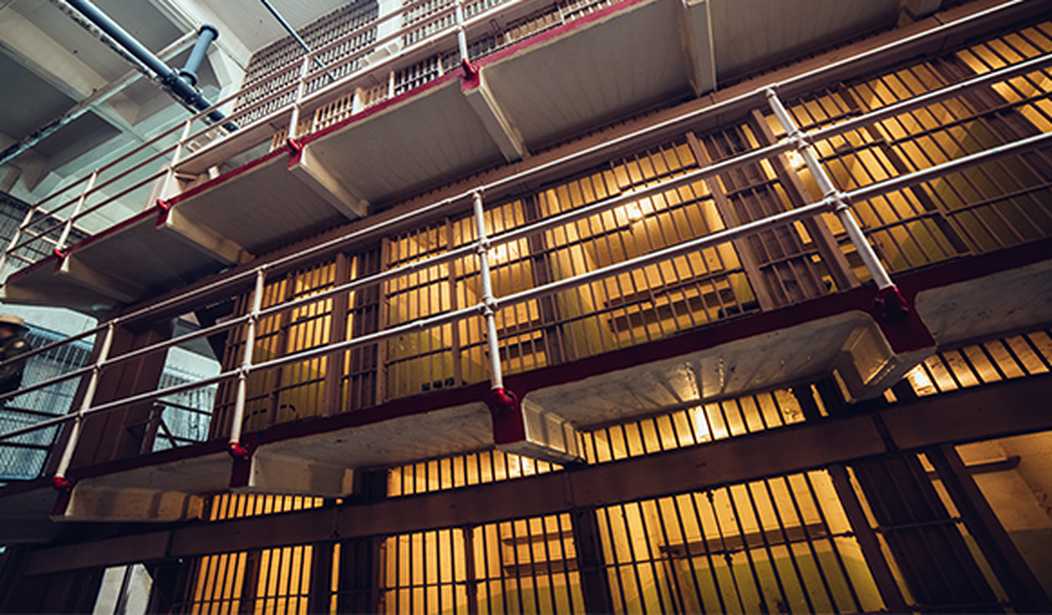On the campaign trail, President Trump and former Vice President Joe Biden have repeatedly highlighted their efforts to reform the broken criminal justice system. President Trump and Vice President Pence have rightly touted the First Step Act of 2018, which expanded options for inmates looking to get back on the right side of the law. Meanwhile, Joe Biden has advocated for job training for incarcerated individuals, as well as utilizing alternatives to prison, such as rehabilitation facilities. While these proposals are wholly reasonable, Biden has unfortunately muddied the conversation on criminal justice reform by vilifying private prisons. These non-government institutions already provide the rehabilitation-based services that Biden suggests without breaking the bank for taxpayers. Both presidential contenders can and must call for performance-based contracting, which will deliver more humane results for inmates at an affordable cost.
In 1998, the Clinton administration provided a useful overview of performance-based contracting: “It is designed to ensure that contractors are given freedom to determine how to meet the Government's performance objectives, that appropriate performance quality levels are achieved, and that payment is made only for services that meet these levels.” This concept is simple as applied to prisons – when the contractors meet certain criteria (e.g. a lower recidivism rate or other benchmarks such as fewer disciplinary reports) they receive higher compensation.
The primary responsibility (performance metric) of the prison system is to care for inmates while they are incarcerated and to help them along on their path to rehabilitation. Evidence is emerging that private prisons are consistently outperforming their public counterparts when it comes to rehabilitation. A recent article highlighted how a privately-managed prison facility in Australia (which is operated by the US-based GEO Group) has attained significant success via performance-based contracting. The Ravenhall Correctional Centre located in Victoria has only been operating for around three years but has achieved a commendably low recidivism rate of about 20 percent. This is no small feat, considering that the recidivism rate is more than twice as high (43 percent) for other facilities in the Australian state.
Recommended
GEO Group is also having success in reducing recidivism in the United States by providing extensive programming, job training, and post-release support. While the national average one-year recidivism rate for federal inmates is more than 16 percent, participants in the GEO programming in Florida had a one-year recidivism rate of 9.4 percent in 2018. A few percentage points may not seem significant, but these results add up considering that it costs around $30,000 a year to house an inmate. These changes could amount to millions of dollars in taxpayer savings for federal and state governments looking to reduce expenditures any way they can.
Federal contractors also provide worthwhile alternatives to traditional prisons. The New Mexico Men’s and Women’s Recovery Academies, for instance, strive to maintain inmate morale through positive programming, flexible policies, and pleasant aesthetics. The men’s academy reportedly has the feel of a college campus, while the women’s facility contains housing for inmates’ children so that families can stay together during the rehabilitation process. Reporter Rae Ellen Bichell describes these humane conditions, noting, “The windows have curtains instead of bars, and vents so people can choose to let in real air. There are even residential areas called ‘cottages’ and ‘lodges,’ where inmates in good standing can order their own groceries, cook their own meals and stay up late watching movies.”
While the private prison industry may be vilified in the U.S., companies should be commended when they go above and beyond – especially when they provide high-quality programming to inmates trying to turn their lives around. By embracing this model, governments can save taxpayer dollars upfront while reaping the long-run benefits of reduced recidivism.
Performance-based contracting lies at the foundation of this pragmatic approach. While contractors are already invested in securing better outcomes for inmates, a performance-based contract further incentivizes them to rehabilitate and support the population. This model hasn’t really taken off in the U.S., but written commentary highlights how performance-based contracting can improve accountability and change the U.S. criminal justice system for the better.
These potential reforms are simply too promising for Trump and Biden to ignore. For the sake of taxpayers and millions of inmates locked up across the country, policymakers can and must embrace performance-based contracting.
David Williams is the president of the Taxpayers Protection Alliance.

























Join the conversation as a VIP Member